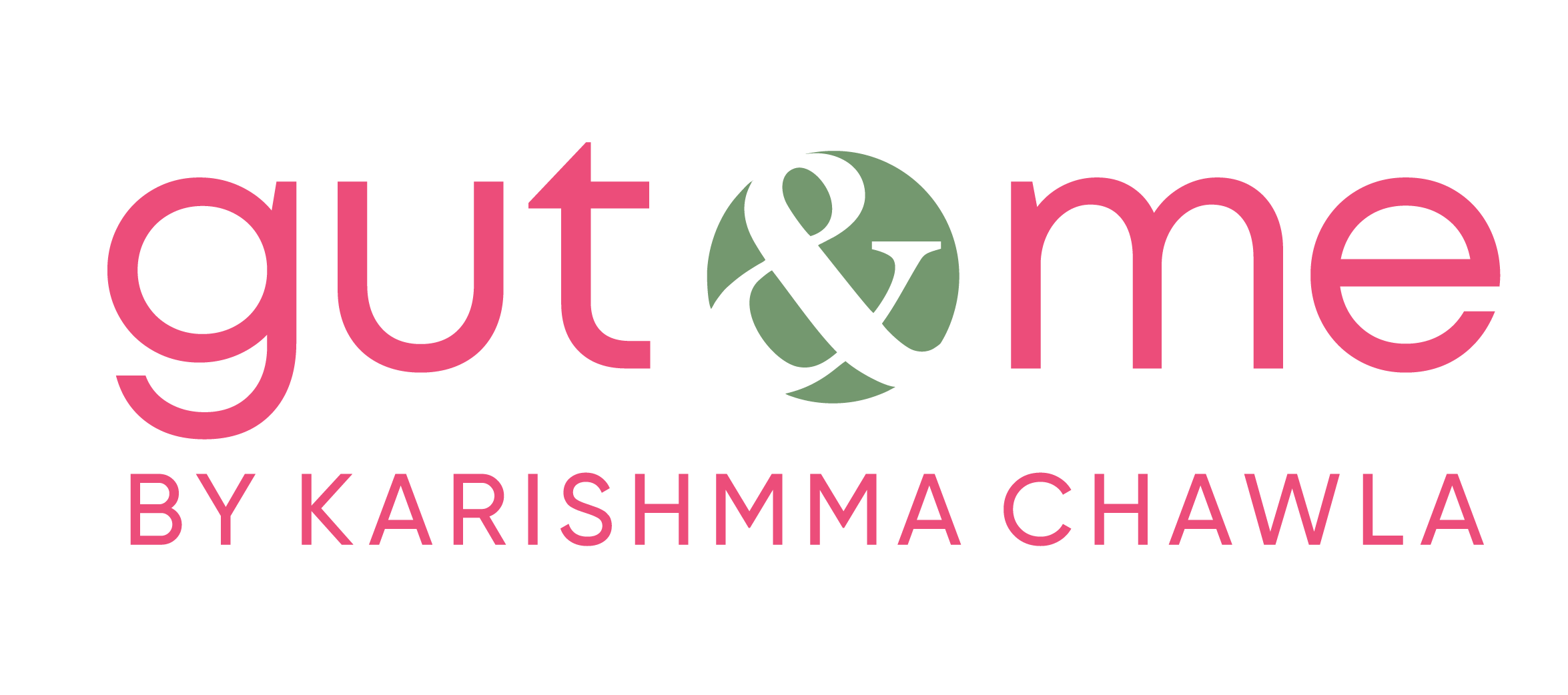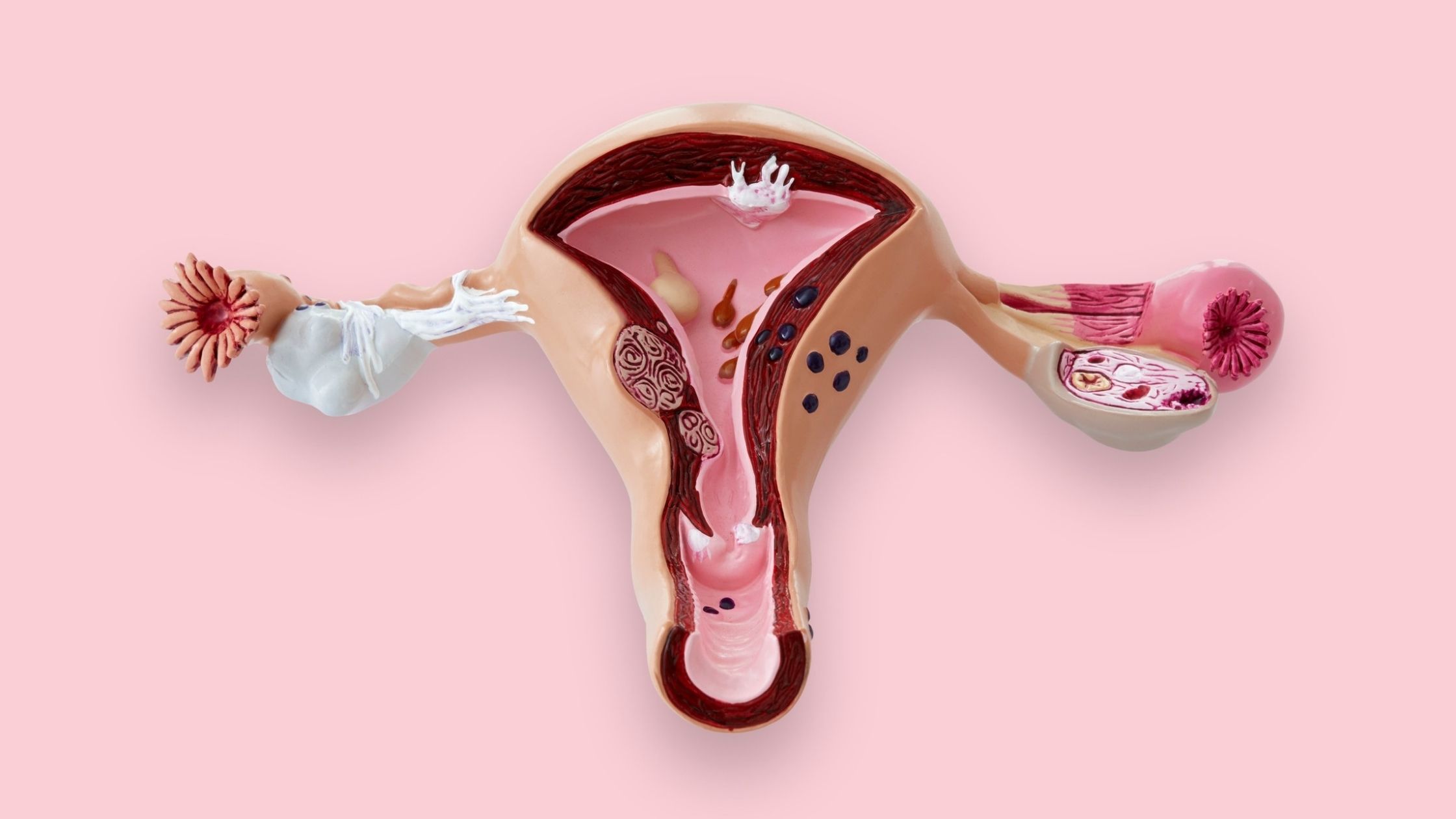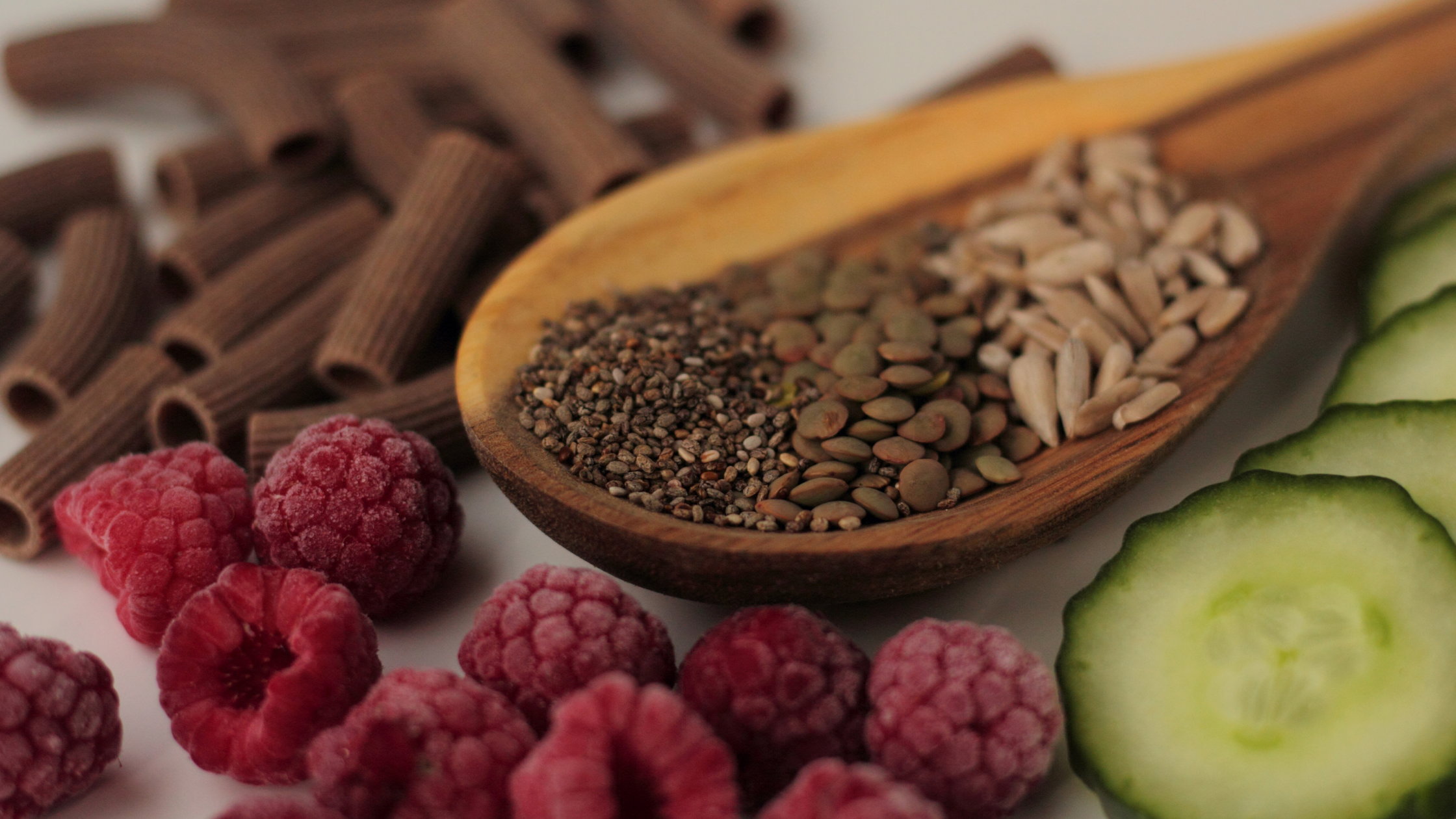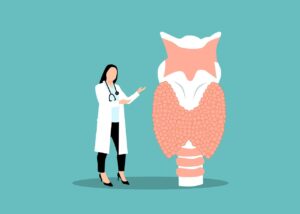Heard about PCOD and PCOS??? Is PCOS and PCOD the same??
As the name suggests, Poly-Cystic Ovary syndrome (PCOS) refers to the formation of many “poly” cysts in the ovaries along with imbalances in sex hormone levels, irregularities in the menstrual cycle, and problems in ovulation (egg release) and conceiving (getting pregnant). The hormone imbalances in PCOS further lead to a high risk of various health conditions as secondary complications.
I would like to point out that PCOS encompasses all the symptoms as conditions rather than the old school that explains this as PCOD – Poly Cystic Ovary Disease. In other words, earlier termed as Poly Cystic ovary Disease (PCOD) is now called a SYNDROME due to the wide range of hormonal changes and secondary complications which could differ greatly for every individual case.
In short, we look at pcos and pcod something like pcod being referred to as a disease and pcos as a syndrome!
When can you say you have PCOD and PCOS?
Well when you experience two or more of the following symptoms
- Multiple cysts developed in one or both the ovaries along with enlarges ovaries
- Irregular menstrual cycles longer than 35 days or prolonged periods that may be scant or heavy
- Irregular ovulation (or no ovulation) where ovaries are unable to release eggs every monthly cycle
- High levels of androgens for eg, male hormones such as Testosterone, Androstenedione, and DHEA.
What are the few things that are usually recommended by a PCOS nutritionist and or a lifestyle coach?
Here’s what PCOS Nutritionist has to say:
- It is important for women with PCOS and PCOD to maintain a healthy weight or rather the body fat percentage due to the complications of PCOS:
- A drop in metabolism leads to an increase in fat
- Insulin levels seem to be higher in women with PCOS, which can lead to insulin resistance and a high risk of diabetes
- Problems in lipid profile
- High risk of fatty liver
- Gestational diabetes
- Risk of endometrial cancer
- Risk of anxiety and depression
- Risk of autoimmune diseases
- Increase in prolactin levels
- Difficulty in conception
- The clear connection is INSULIN, which is a fat-storage hormone, that decreases metabolism, and the other complications listed above. Let me specify, that a woman with PCOS may take a little longer in reaching her ideal body fat percentage as compared to a woman without PCOS.
But fat loss aka weight loss is not impossible. It would rather make sense to focus on the 2 key factors of weight loss which are Commitment and Consistency! - Principles of PCOS Management largely depend on four factors
- Weight loss
- Exercise
- Stress reduction through lifestyle changes
- Improving Gut health to have a diversity of gut microbiome that helps in weight management
- Carbs must be strictly low Glycemic index and high in fiber and must be limited to small quantities for low carb load and more importantly tapered down to the night
- The best option for fats would be olive oil for cooking, max 2-3 tsp cooking per day along with supplemental omega 3 fats.
- Also can add cold-pressed coconut oil during the day, which has the building blocks for hormone health.
Also helps to lower inflammation (seen in PCOS) in the body facilitating weight loss - Proteins must be high quality preferably from complete protein eg: chicken, fish, and eggs with supplements such as whey and casein.
NOTE :
- Other sources of protein include legumes, pulses, raw nuts, and seeds along with plant-based protein
- Also dairy may not suit some, hence based on the concept of bio-individuality, where one person’s food is another one’s poison, I would drop dairy protein and include plant-based protein
- Regular intense resistance training for a powerful afterburn effect to increase metabolism is a must. Regular cardiovascular training is also needed to add to the total fat burning.
- Ensure 7-8 hours of sleep, exposure to sunlight within 30 minutes of walking can help boost serotonin levels, which help boost melatonin levels at night and ensure better sleep
- Stress management techniques such as journaling, meditation, deep breathing, shaking (dancing), acupuncture, learning a new skill, hobby, sport, prayers
- Insulin sensitizers such as chromium, ALA, apple cider vinegar, and methi seeds are beneficial
- Probiotic (beneficial bacteria) foods and supplements are beneficial for gut health. Adding fermented veggies such as carrots, cauliflower, cabbage and fermented fluids like kefir is a good idea.
- Prebiotic (foods that the bacteria live on) foods such as whole grains, fruits, and veggies. Specifically, oat bran, barley, amaranth, quinoa, millet, onion, garlic, leek, asparagus, and Jerusalem artichoke are beneficial
- Magnesium-rich foods help to balance blood sugar such as cashew, almonds, sunflower, pumpkin seeds, and beans
- Omega 3 rich foods such as fatty fish, walnuts, chia, and flax
A quick note on PCOS – GUT connection:
Gut health and polycystic ovarian syndrome can influence each other. Inflammation and dysbiosis in the gut can contribute to PCOS. In men inflammation can lead to a decrease in testosterone production – the hallmark symptom of PCOS, causing physical effects such as weight gain, PMS symptoms, hair loss, decreased or absent ovulation
And metabolic effects include blood sugar imbalance and insulin resistance. Over time this can increase the heart of heart disease, stroke, and cancer, and hence the gut-friendly foods are mentioned above by the PCOS nutritionist to help with the PCOS protocol.
The non-negotiables to strengthen the Gut health for hormonal balance and manage PCOS
Remember the goal is to have an increase in microbial diversity to help hormonal balance and thus manage PCOD and PCOS.
- Eat for improved Gut function:
– Increase in fiber intake comprising of veggies and fruits
– Include prebiotic foods such as onion, garlic, leek, Jerusalem artichoke, banana, and chicory root - Try fermented foods such as sauerkraut, yogurt, kimchi, kombucha
- Consider a high strength probiotic supplement
- Decrease exposure to xenoestrogens, These estrogen-like chemicals can influence estrogen production and function
- Switching to glass or steel from plastic is a good idea
- Stable Blood sugar is imperative for healthy hormone function and bad bacteria thrive on too much sugar!
- Excess sugar is stored in fat cells, and these cells excrete estrogen
- Excess carbohydrate consumption can also raise insulin, which can worsen increase testosterone production resulting in PCOS
- Eat foods that support healthy liver function.
- The liver is crucial for the detoxification of estrogen.
- Cruciferous foods such as bok choy, broccoli, cabbage, cauliflower, kale, and others like apple, asparagus, berries, orange, and flax to name a few
- Crowd out processed foods:
– Can cause dysbiosis in the gut and hack the liver causing inflammation, clearly not the right thing to happen - Add healthy fats and lean protein, These help lower inflammation and aid in the process of detoxification!
Understand PCOD vs. PCOS with Karishmma Chawla’s guidance. Receive personalized information to navigate these hormonal disorders.







